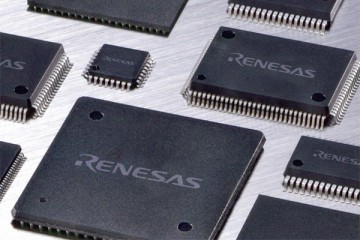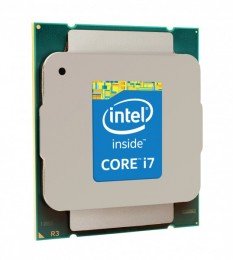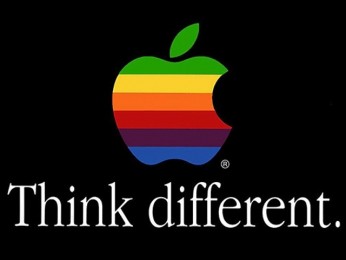 Japanese chipmaker Renesas is still in trouble and might have to make even deeper cuts to its organisation.
Japanese chipmaker Renesas is still in trouble and might have to make even deeper cuts to its organisation.
The outfit has just finished a restructuring and is focusing its business on the automotive and industrial sectors and has pulled it back into the black after years of losses.
However Renesas Chairman and CEO Hisao Sakuta said that the company still had too many people and he expects people to quit.
Renesas was hit hard by the March 2011 earthquake which shut a key chip plant for months and sent customers looking for other suppliers. The company was rescued by government-backed funds but had to sell an integrated chip factory in northern Japan to Sony. Renesas SP Drivers will be sold to Synaptics for $475 million.
Renesas has so far cut more than 10,000 jobs and racked up $3.3 billion in cumulative net losses over the last four financial years.
It had its fifth round of a voluntary early retirement programme in September which was taken up by 361 employees. So far the group work force had shrunk to 27,200 as of end-March from 42,800 two years earlier.
Last week, Renesas unveiled a chip using new technologies that it aims to eventually apply to autonomous driving, which merges together feeds from cameras fitted to the car to create a 3D image and can detect pedestrians within several meters of a vehicle.
Test shipments of the chip begin this month, while full production and supply will likely begin in 2016, Renesas said. It is also developing technologies that will enable valet parking of a car by itself, without a driver inside.


















